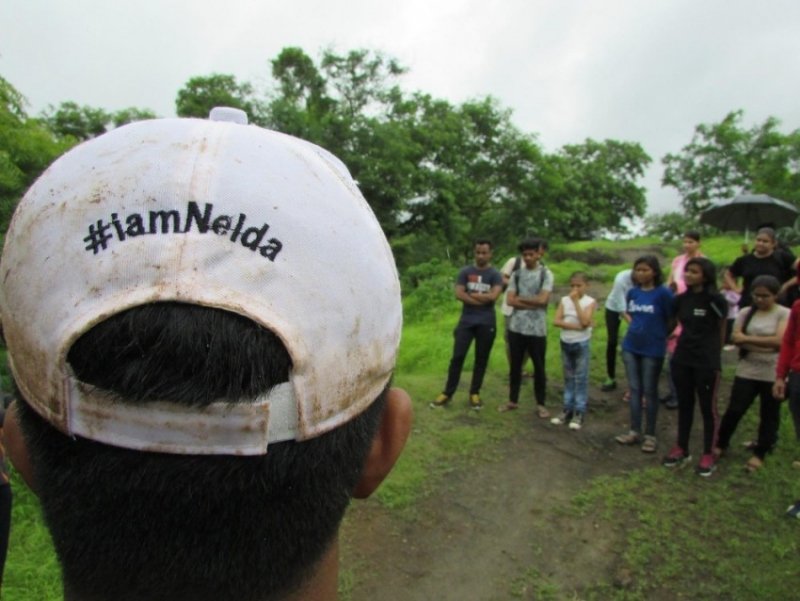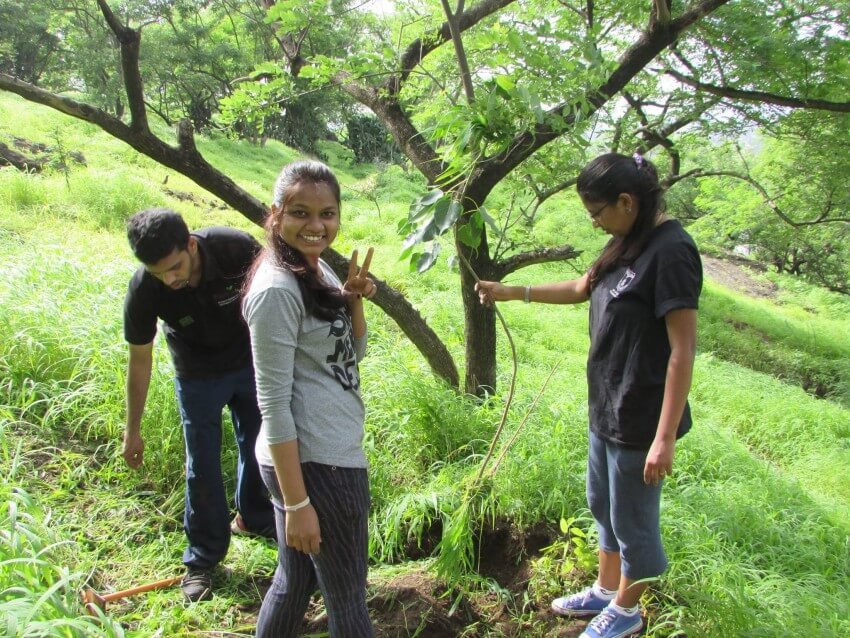So, you are planning a plantation drive in your area- excellent!
Planting saplings that will grow into trees for the future is now really a necessity in today’s times. Especially in a country like India, where forests cover only 21.34% of the land, tree plantation is crucial and needs involvement from all parts of the society. However, this is not an easy task. Planting and taking care of the trees is like raising children and is a serious undertaking.
A good plantation drive will help you increase the green cover in your area with minimal effort. However, a neglected and unplanned drive will end in non-surviving plants, wastage of money and effort. Of course, natural calamities and random weather conditions are beyond human control and are sometimes the causes of tree plantation failure, but human activities have a far higher track record regarding deforestation and plantation malfunction.
Thus, to plan a successful plantation drive in Pune or anywhere in India, here are four tips to keep in mind.
1. Know your location well.
It is crucial to understand the characteristics of your selected area. Understanding the soil, climate, surroundings and water supply methods is essential. The selected area also needs to be safe from human-made calamities.
2. Choose the right season.
Plants need proper amounts of rain and sunlight to nurture prosperously. During the Summer, in hot climatic conditions, the saplings would require frequent watering. There are chances that the plants may die of heat. Same goes for the Winters. If the plants acquire frost, survival would be impossible.
The ideal time to start a plantation drive is in the Monsoon. This will make sure that the climate is subtle, and saplings get enough time to adjust to the environment.
3. Selecting the right saplings.
Selecting the right species of trees depends on all of the above factors. However, when you are going for a plantation drive, choose trees that are sturdier and stronger in the roots than delicate ones. Always go for plants that are native to the location. Avoid trees like Eucalyptus- that soak up all the groundwater making the land dry. For example, Pine trees in the foothills of the Himalayas are one of the biggest reasons for forest fire and floods. Thin barks do not help in controlling the flow of water. Walnut trees, in fact, prove to be better protectors of hilly regions.
Neem, Peepal, and Karanj are some of the most common plant species native to Pune. Though these are non-fruit bearing plants, these give back the most to the ecology. Sisum, Neem, and Kadamba are plants with strong roots that hold soil even on a hilly or steep terrain. You will see most of these plants on Hanuman Tekdi where Nelda does plantation yearly.
Also, since Pune does not have extreme climatic conditions, you can plant Banyan, Bakul or even Kanchan since they survive easily, without much care.
4. Prepare for what follows next.
Now that you have a fair idea of how the process will take place, let’s address the elephant in the room- mainatining your saplings.
- Make sure you’ve planned for watering your saplings throughout the Winter and Summer regulalry.
- Prepare to protect the plants via natural or artificial protection like fencing.
- Prepare to use organic pesticides in case of an organism attack.
- Use 100 percent natural fertilizers available in the market at regular intervals to make sure your plants will grow healthy and germ-free.

So, ready to plan and execute your plantation drive in Pune? 🙂
You can also join Nelda for contributing to our plantations drives. Just like Puneri Patya, let’s make way for Puneri Hirval. We at Nelda would love to welcome volunteers like you!

